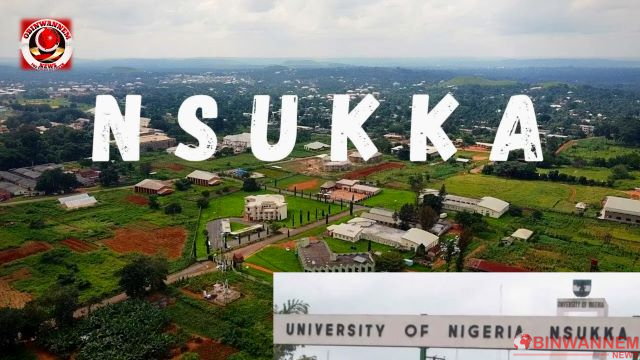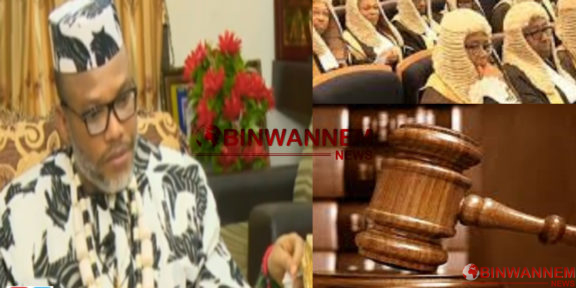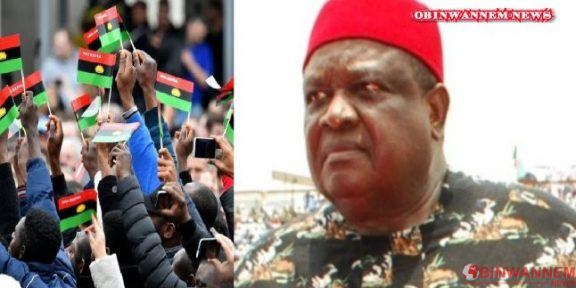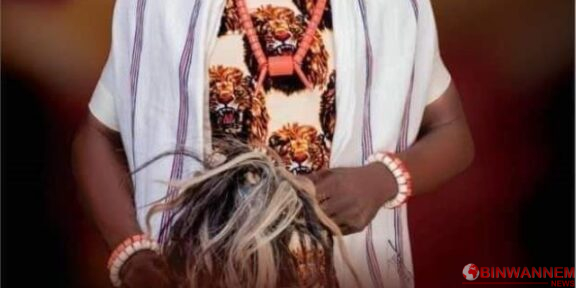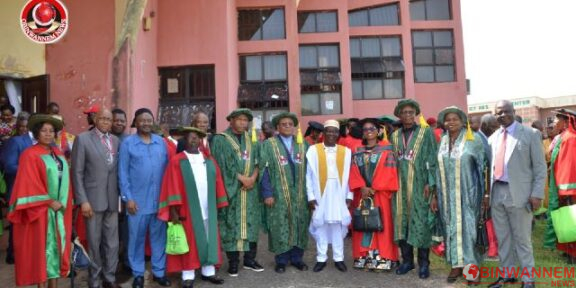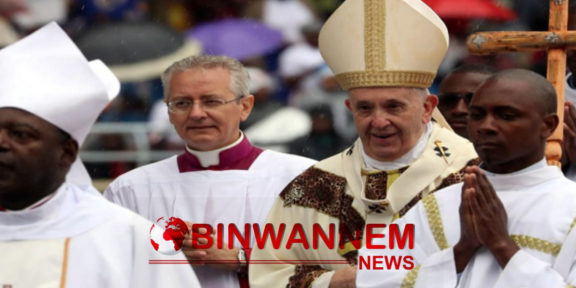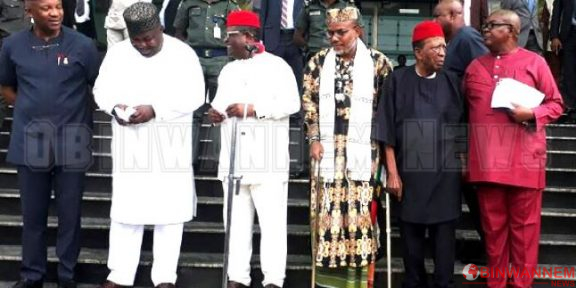IGBO CULTURE AND SOCIETY: The Cultural and Traditional Heritage History of the Nsukka People

The Nsukka people, located in the southeastern part of Nigeria, have a rich cultural history that spans centuries. Read on as we explore the vibrant traditions, customs, and heritage of the Nsukka people, shedding light on their unique cultural practices and the significance they hold in shaping their community.
Nsukka, a town in Enugu State, is home to the Igbo-speaking Nsukka people. With a population of over 300,000, this community has preserved its cultural identity through generations, nurturing a sense of pride and unity. The Nsukka people are known for their strong attachment to their ancestral roots and have managed to maintain their customs despite modern influences.
One of the most prominent aspects of Nsukka culture is their art and craftsmanship. Nsukka is renowned for producing talented artists, many of whom have gained international recognition. The Nsukka School of Art, which emerged in the 1960s at the University of Nigeria, Nsukka, played a pivotal role in the promotion and preservation of traditional art forms. Artists like Uche Okeke, El Anatsui, and Chike Aniakor have paved the way for contemporary African art, drawing inspiration from Nsukka’s cultural heritage.
Traditional ceremonies and festivals hold immense importance in the Nsukka community. The New Yam Festival, known as “Iwa Ji,” is a significant event that marks the beginning of the harvest season. This festival showcases the Nsukka people’s agrarian roots and their deep connection to the land. Colourful masquerades, music, dance, and feasts are integral parts of the New Yam Festival, bringing the community together to celebrate their bountiful harvest and express gratitude to the gods.
The Nsukka people are also known for their traditional music and dance forms. The “Egwu Ota” dance, performed during the New Yam Festival, is a mesmerizing display of rhythmic movements and vibrant costumes. Musical instruments like the “Opi” (a locally made flute), “Ikoro” (a wooden slit drum), and various percussion instruments accompany the dances, adding a captivating element to the cultural performances.
Additionally, the Nsukka people place great value on oral tradition and storytelling. Folktales and proverbs are used to impart wisdom, knowledge, and moral lessons from one generation to the next. These stories often revolve around mythical characters, historical events, and everyday life experiences, serving as a means of preserving the Nsukka people’s collective memory and cultural identity.
Nsukka holds a special place in the literary world as well. The town has been a breeding ground for renowned writers and scholars, most notably Chinua Achebe, one of Africa’s greatest literary icons. Achebe’s celebrated novel, “Things Fall Apart,” vividly depicts the pre-colonial Igbo society and explores the clash between tradition and colonialism. His work not only brought international recognition to Nsukka but also shed light on the cultural intricacies of the Nsukka people.
In recent times, efforts have been made to promote and preserve Nsukka’s cultural heritage. Cultural festivals, exhibitions, and art workshops have been organized to showcase the richness and diversity of Nsukka traditions. Local communities, along with government support, have established cultural centres and museums to safeguard artefacts, artworks, and historical documents, ensuring that future generations can learn about and appreciate the Nsukka cultural legacy.
In conclusion, the Nsukka people’s cultural history is a tapestry of art, music, dance, storytelling, and literary excellence. Their commitment to preserving their customs and traditions has enabled them to retain a strong sense of identity and pride. As the world continues to evolve, it is crucial to recognize and celebrate the unique cultural heritage of the Nsukka people, fostering a deeper understanding and appreciation for their contributions to Nigerian and African culture as a whole.


